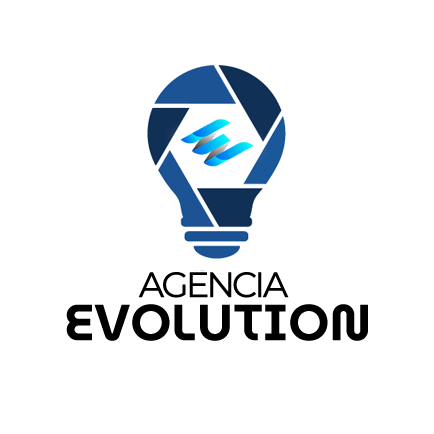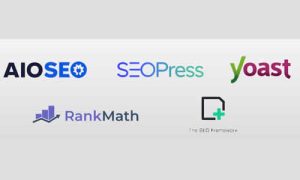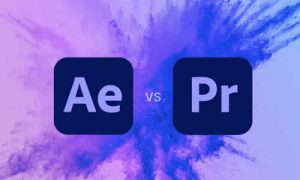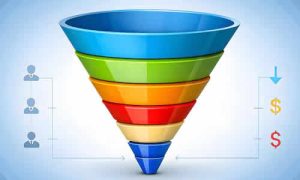The Impact of a Slow Website
Website load speed is one of the most important factors in ensuring a positive user experience. Slow websites increase bounce rates and decrease user engagement, which can severely impact your sales and conversions. Every second of delay in loading a page can reduce conversion rates by up to 7%. This means if your website takes more than three seconds to load, you could be losing customers to your competitors.
Additionally, slow websites not only drive users away but also negatively affect your ranking in Google’s search results. Page load speed is one of the factors Google uses to determine a site’s ranking, so a slow site may be less visible to potential customers.
Factors That Affect Website Speed
Heavy Images
Unoptimized images are one of the leading causes of slow websites. Large image files can consume a lot of download time and delay page loading. Often, images are saved in high quality without compression, which isn’t necessary for online viewing. To ensure fast navigation without quality loss, use compression tools like TinyPNG or ImageOptim. Also, make sure to use the proper formats, such as WebP, for high quality with smaller file sizes.
Excessive Scripts and Plugins
A website that uses too many scripts and plugins can become overloaded, increasing loading times. While plugins are useful for adding additional functionalities to your site, many of them can be heavy and consume unnecessary resources. Perform regular audits to identify non-essential plugins and remove them. Additionally, external scripts (such as fonts or social media integrations) should load asynchronously, meaning the site will load first, and scripts will load afterward without blocking the process.
Low-Quality Hosting
The quality of hosting is crucial to ensuring website speed. Cheap and shared hosting servers can limit your site’s performance, especially during high-traffic periods. Choose a high-quality hosting provider that offers fast servers and supports technologies like HTTP/2 and PHP 7.x+, which guarantee faster loading. If your site has high traffic or requires many resources, consider investing in dedicated hosting or VPS for better performance.
Lack of Caching
Caching allows your site to temporarily store data from frequently visited pages so that it’s not necessary to reload all elements every time a user visits the site. This significantly reduces load times since data is already stored locally in the user’s browser. Tools like W3 Total Cache or WP Rocket for WordPress help implement caching properly. Not only pages, but also databases should be optimized to ensure data is stored efficiently and loads faster.
Excessive Redirects
Unnecessary redirects can be harmful to site performance because each redirect requires the server to load a new page. Avoid excessive use of 301 or 302 redirects, especially on key sales or lead generation pages. Use tools like Google Search Console or Screaming Frog to identify and correct unnecessary redirects on your site.
How to Improve Your Website’s Speed
Use a CDN (Content Delivery Network)
A CDN distributes your site’s data across multiple servers located in different geographical locations, allowing users to access the content from a server closer to them. This reduces response times and improves load speeds globally. Tools like Cloudflare or Amazon CloudFront are popular options for implementing a CDN.
File Compression
Compressing CSS, JavaScript, and HTML files can reduce load times. Using tools like Gzip or Brotli can be a good option. These tools allow automatic compression of files on the server before sending them to the user’s browser, speeding up the process.
Continuous Performance Monitoring
Use tools like Google PageSpeed Insights, GTmetrix, or Pingdom to monitor your site’s load times and identify potential improvements. These services provide detailed reports on your site’s performance and recommend corrective actions.
With these tips, you can optimize your website’s speed, improve user experience, increase conversion chances, and help improve your search ranking. If you need assistance implementing these improvements, our team is ready to support your business in achieving peak performance.
















